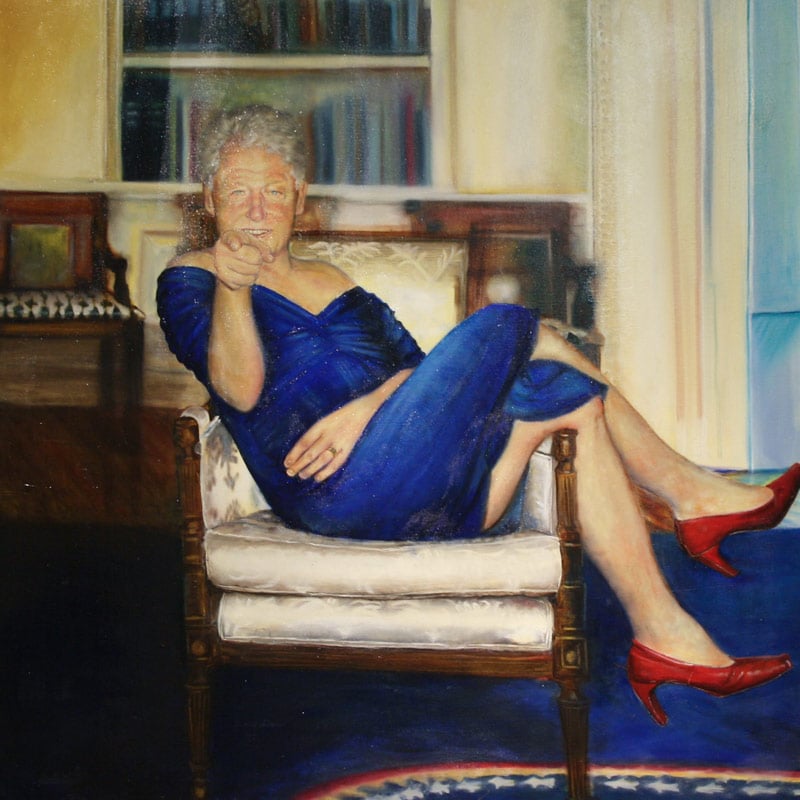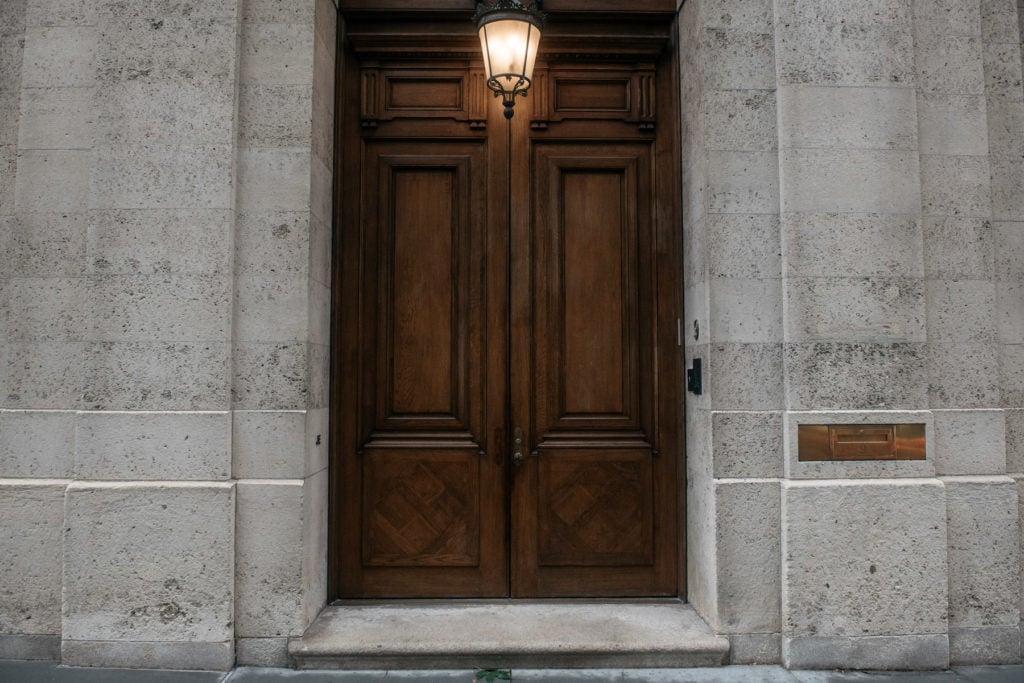Diritto di accesso - Trattamento di dati personali lecitamente acquisiti da una 'centrale rischi privata' - 31 gennaio 2002 [29960]
 Stampa
Stampa
Stampa
Stampa
 Trasforma contenuto in
PDF
Trasforma contenuto in
PDF
[doc. web n. 29960]
Diritto di accesso - Trattamento di dati personali lecitamente acquisiti da una "centrale rischi privata"
L´interessato ha il diritto di ottenere la cancellazione dei soli dati trattati in violazione di legge. E´ quindi infondato, e deve essere respinto dal Garante, il ricorso proposto per ottenere la cancellazione dei dati relativi ai ritardi verificatisi nei pagamenti delle rate di un finanziamento, qualora risulti che il titolare del trattamento (nel caso di specie una "centrale rischi privata") abbia lecitamente acquisito e trattato i dati dell´interessato nel quadro dei rapporti esistenti con vari soggetti operanti nel mondo creditizio e finanziario e i dati stessi risultino corrispondenti a verità.
IL GARANTE PER LA PROTEZIONE DEI DATI PERSONALI
Nella riunione odierna, in presenza del prof. Stefano Rodotà, presidente, del prof. Giuseppe Santaniello, vice presidente, del prof. Gaetano Rasi e del dott. Mauro Paissan, componenti e del dott. Giovanni Buttarelli, segretario generale;
ESAMINATO il ricorso presentato dal sig. Mario Carlini
nei confronti di
CRIF S.p.A.;
VISTA la documentazione in atti;
VISTI gli articoli 13 e 29 della legge 31 dicembre 1996, n. 675 e gli articoli 18, 19 e 20 del d.P.R. 31 marzo 1998, n. 501;
VISTE le osservazioni dell’Ufficio formulate dal segretario generale ai sensi dell’art. 15 del regolamento del Garante n. 1/2000;
RELATORE il prof. Giuseppe Santaniello;
PREMESSO:
1. Il ricorrente lamenta che CRIF S.p.A. non abbia fornito positivo riscontro ad una richiesta avanzata ai sensi dell’art. 13 della legge n. 675/1996, con la quale aveva chiesto la cancellazione di alcuni dati asseritamente trattati in modo illegittimo. Ciò con particolare riferimento all’annotazione riportata nella banca dati di CRIF S.p.A. contenente una "segnalazione di rate non pagate già regolarizzate, pagamento con acconti".
Nel ricorso presentato a questa Autorità ai sensi dell’art. 29 della legge n. 675/1996, il ricorrente ha ribadito le proprie richieste sottolineando come nel proprio conto corrente aperto presso Banca di Roma S.p.A. vi fossero, in realtà, "fondi a sufficienza per il pagamento…delle rate", relative ad un prestito corrisposto dal medesimo istituto di credito.
A seguito dell’invito ad aderire formulato da questa Autorità in data 20 dicembre 2001, CRIF S.p.A., con nota anticipata via fax il 24 dicembre scorso, ha sostenuto:
-
di ritenere infondate le richieste del ricorrente in quanto la citata segnalazione (n. 1) non evidenzierebbe allo stato attuale alcuna situazione di morosità imputabile al ricorrente medesimo essendo altresì menzionata la regolarizzazione dalla situazione di transitoria insolvenza;
-
che "le modalità di segnalazione della singola posizione contestata non possono ritenersi pregiudizievoli all’interessato o comunque non veritiere…";
-
di aver acquisito, in relazione ai profili concernenti il pagamento delle rate da parte dell’interessato, una conferma da parte di Banca di Roma S.p.A. in data 18 dicembre 2001;
-
che il ricorrente non avrebbe inoltre fornito adeguati elementi di riscontro in merito all’integrale pagamento delle rate;
-
di non poter accogliere l’ulteriore richiesta di eliminazione della segnalazione di altri finanziamenti rifiutati (segnalazioni nn. 3 e 4) "poiché non spetta alla società resistente entrare nel merito dei criteri decisionali che hanno spinto le singole banche a negare i diversi finanziamenti";
-
che le spese relative all’odierno procedimento dovrebbero essere poste a carico del ricorrente.
Con nota in data 4 gennaio 2002 questa Autorità, preso atto dell’assenso manifestato dalle parti, comunicava che, ai sensi dell’art. 20, comma 8, del d.P.R. n. 501/1998, il termine per la decisione del ricorso era prorogato di 20 giorni.
L’interessato ha ribadito le proprie richieste con memoria anticipata via fax il 18 gennaio 2002 e nel corso dell’audizione svoltasi il successivo 22 gennaio. In tali occasioni il ricorrente ha ribadito che le informazioni trasmesse da Banca di Roma S.p.A. e conservate nell’archivio di CRIF S.p.A. non corrisponderebbero all’"andamento pagamenti ed allo stato operazioni". Tali segnalazioni, ritenute inesatte, avrebbero comportato rilevanti pregiudizi, determinando una serie di rifiuti di finanziamenti da parte di banche e società finanziarie. L’interessato ha infine chiesto di attribuire le spese del procedimento a carico del titolare del trattamento.
CIÒ PREMESSO IL GARANTE OSSERVA:
2. Il ricorso concerne la conservazione nella banca dati di una centrale rischi privata di alcuni dati personali dell’interessato, relativi ad una operazione di finanziamento in essere, rispetto alla quale, nel corso del rapporto, sono insorti problemi con la banca finanziatrice.
Il ricorso non è fondato.
L’art. 13 della legge n. 675/1996 riconosce all’interessato il diritto di ottenere la cancellazione dei soli dati trattati in violazione di legge.
Dalla documentazione acquisita nel caso di specie non si ricavano elementi tali da evidenziare una specifica violazione di legge e da giustificare, quindi, la richiesta di cancellazione avanzata nei confronti di CRIF S.p.A.
I dati registrati nell’archivio della citata centrale rischi sono stati raccolti lecitamente e trattati da CRIF S.p.A. nel quadro dei rapporti esistenti con vari soggetti operanti nel mondo creditizio e finanziario.
Le informazioni relative alla segnalazione n. 1 si riferiscono ad un finanziamento nel quale, dopo il mancato pagamento di alcune rate per ragioni che sono oggetto di controversia tra il ricorrente e la Banca di Roma, è intervenuta in epoca assai recente una regolarizzazione. Vi è poi da tenere presente che il rapporto risulta tuttora in atto.
Anche in relazione a tale ultima circostanza non appare allo stato giustificata la richiesta di cancellazione anche di altri dati relativi a recenti rifiuti di finanziamento documentati ai punti nn. 3 e 4 del riscontro CRIF del 31 ottobre 2001, per i quali non è stato prodotto alcun elemento certo che comprovi l’inesattezza dei dati trasmessi alla centrale rischi.
Resta peraltro impregiudicato il diritto del ricorrente di proseguire la controversia giudiziaria già instaurata nei confronti della Banca di Roma dinanzi al Tribunale di Frosinone (nella quale è stata chiesta anche una consulenza tecnica), in ordine alle contestate modalità con le quali l’istituto ha attuato il rapporto di finanziamento.
Considerata la complessità della vicenda esaminata, sussistono infine giusti motivi per compensare le spese tra le parti.
PER QUESTI MOTIVI IL GARANTE DICHIARA:
a) il ricorso infondato nei termini di cui in motivazione;
b) compensate le spese tra le parti.
Roma, 31 gennaio 2002
IL PRESIDENTE
Rodotà
IL RELATORE
Rasi
IL SEGRETARIO GENERALE
Buttarelli




















